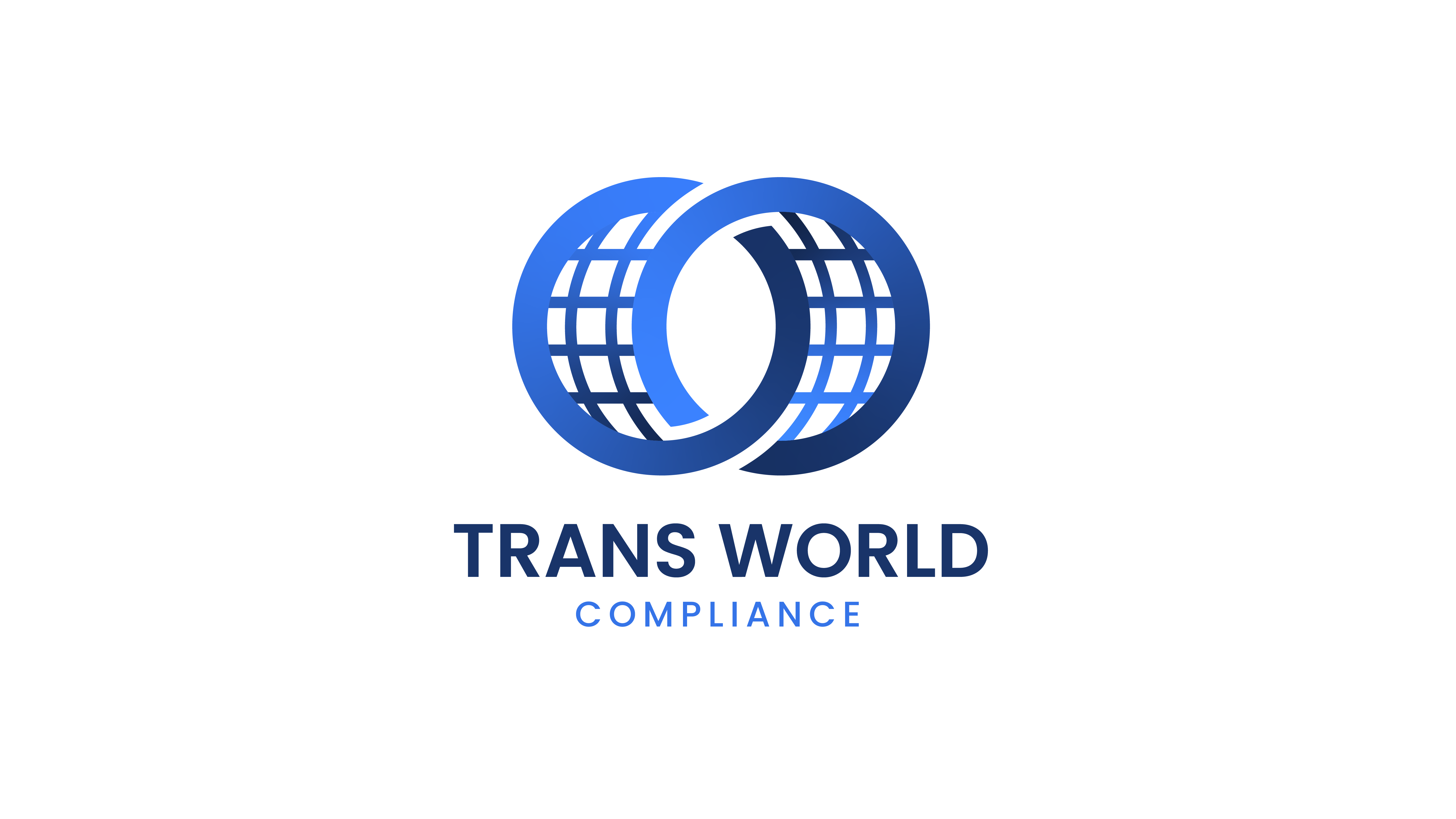Recommendations to tackle corruption: from the Corruption Perception Index 2023
In the battle against corruption, a multifaceted approach that reinforces justice upholds the rule of law and ensures accountability is imperative. Transparency International's Corruption Perceptions Index (CPI) 2023, released on January 30, 2024, serves as a crucial benchmark in understanding the global landscape of corruption and the effectiveness of measures to combat it. By evaluating 180 countries, this index underscores the intricate relationship between corruption, the decline of justice, and the rule of law since 2016, highlighting a concerning trend toward impunity and authoritarian governance practices.
The CPI 2023 reveals that 28 countries have improved their corruption levels over the past twelve years, while 34 have significantly deteriorated. This stagnation indicates the systemic challenges facing justice systems worldwide—under-resourcing, a lack of independence, and a failure to prosecute and adjudicate corruption cases effectively. The rise of grand corruption, a high-level abuse of power causing widespread societal harm, emphasizes the urgency of international concern and action.

The findings from the CPI 2023 shed light on the state of corruption globally and the essential role that justice systems play in preventing and addressing it. As the report details, corruption flourishes where justice systems are weak or compromised, and conversely, where corruption is rampant, access to justice for the most vulnerable is obstructed. This introduction serves as a call to action to fortify justice mechanisms and the rule of law as fundamental pillars for a democratic, fair, and accountable society. In doing so, it highlights the critical need for global cooperation in the fight against corruption, emphasizing that improving the independence, transparency, and effectiveness of justice systems worldwide is not just an investment in the rule of law but a cornerstone in the pursuit of a just, equitable, and corruption-free world.
Let's review the six recommendations in the CPI 2023 report to governments seeking to tackle corruption, promote justice and strengthen the rule of law.
1. Strengthen the independence of the justice system
Shielding the justice system from interference is paramount for its functioning. Promote meritbased rather than political appointments and ensure that the system has qualified personnel and is properly resourced.
2. Introduce integrity and monitoring mechanisms
Ensure that the special protections required by members of the justice system to perform their functions are not abused. Abuse may be prevented through dedicated whistleblowing and reporting channels, as well as requirements for judges, prosecutors and other relevant actors to disclose their assets and interests, and ensure that salaries are commensurate to their work.
3. Improve access to justice
Protecting people's right to access justice is a first step against impunity and corruption. Strategies to pursue this goal include simplifying complex procedures, making legal procedures accessible to all, widening the definition of victims of corruption to include non-state victims and granting qualified civil society organisations (CSOs) the right to initiate and bring forward cases of corruption – whether criminal, civil or administrative – and represent the interests of victims of corruption.
4. Make justice more transparent
Transparency can help shed light on the functioning of the justice system and make it more accountable. Ensure that relevant data on judgments, out-ofcourt settlements and enforcement as well as legal procedure and administrative rules are openly available and can be scrutinised by members of the public. This could help discourage corruption and ensure that laws against corruption are properly applied and administered.
5. Promote cooperation within the justice system
Justice systems are complex, but ensuring that their different components can effectively collaborate is essential. Defining clear and complementary responsibilities is critical to achieve this objective. Given the widespread use of informal justice systems in some regions, reflecting on potential synergies between formal and informal systems could also prove beneficial.
6. Expand avenues for accountability in grand corruption cases
Where grand corruption schemes are carried out in countries with justice systems that are "unwilling or unable" to enforce against the offenders, justice institutions in foreign jurisdictions with stronger rule of law can play a crucial role in countering impunity by handling the grand corruption proceedings. This calls for those foreign countries to have in place key procedural measures, such as extensive jurisdiction, minimal immunities for foreign state officials, standing for qualified public interest CSOs to pursue those cases and represent victims, and a broad definition of justiciable harm that encompasses widespread harm to a large number of victims.



